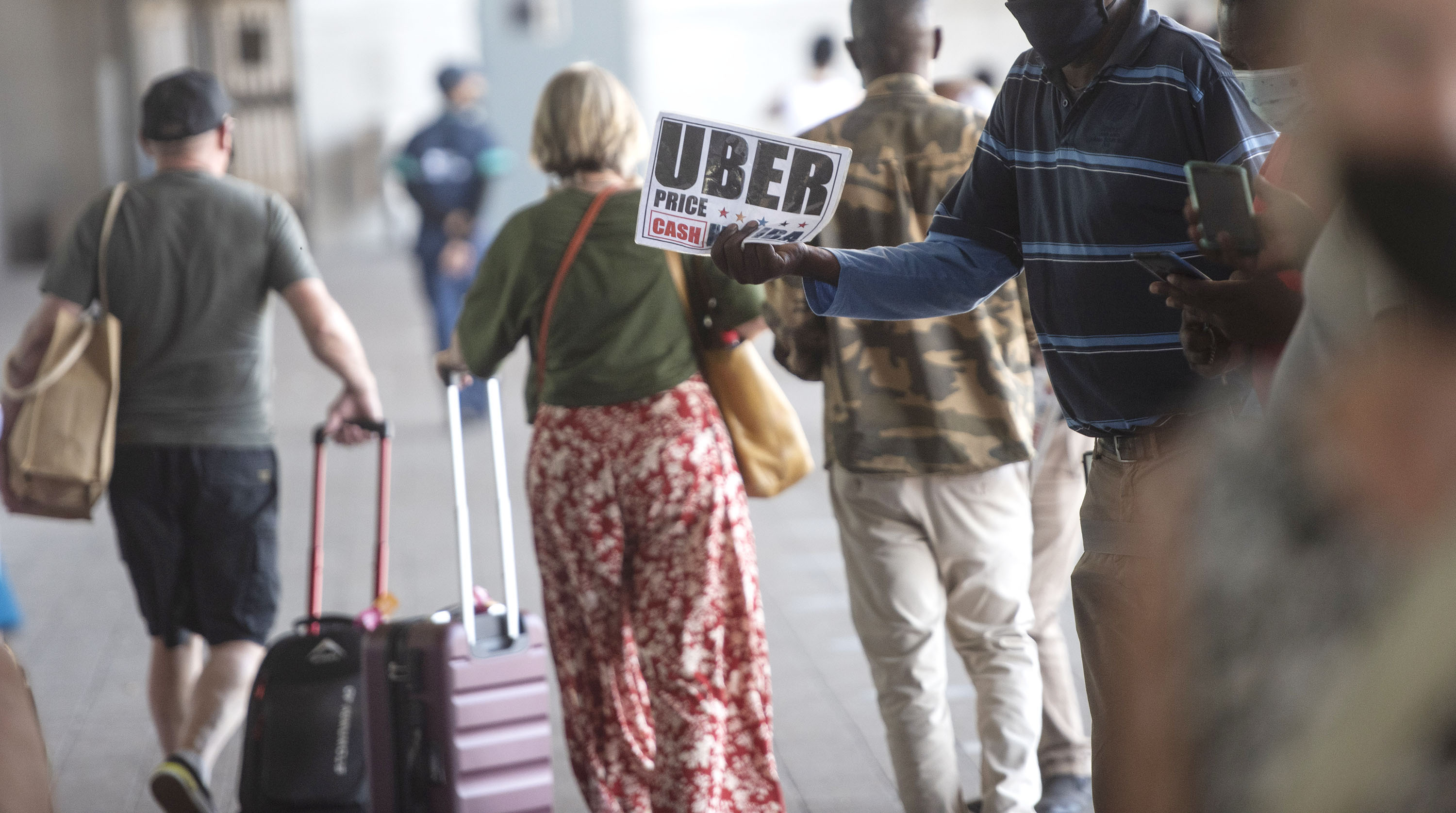President Cyril Ramaphosa’s recent signing into law of two Bills affecting the transport sector has wide-ranging implications for the e-hailing sector.
The first, the National Land Transport Amendment Act, has introduced compulsory operating licences for e-hailing drivers, ensuring the law is brought in line with the evolving digital economy. Drivers will now be required to obtain national operating licences to work, replacing the previous cumbersome system of charter permits and meter-taxi licences. Those in breach face imprisonment of up to two years or a fine of up to R100,000.
It has taken 13 years for the National Land Transport Amendment Bill to become an Act of Parliament. It was originally passed by Parliament in 2020, but after concerns were raised about its constitutionality, the President sent it back to the House for reworking.
The revised Bill addressed key areas:
- It updated the National Land Transport Act (2009) with new definitions and provisions for non-motorised and accessible transportation;
- It granted provinces and municipalities more power to manage public transport contracts; and
- It expanded the transport minister’s authority to create regulations and set safety measures. This amendment provides for provinces and municipalities to be empowered to conclude their own contracts for public transport services.
The second Bill signed into law is the Economic Regulation of Transport Act, which establishes a transport regulator, responsible for regulating prices in the broader transport sector, which means shipping and ports, aviation, rail and road transport are all affected.
Ramaphosa said the Act aimed to advance the economic growth and welfare of South Africans by promoting an effective and productive transport sector.
“That includes establishing a transport economic regulator responsible for regulating prices in the transport sector, investigating complaints, monitoring and enforcing compliance in the transport sector. [It] further seeks to establish a single regulatory body to focus on the economic regulation of the transport industry,” said the President.
Economic regulation of the transport industry includes price controls such as tariffs, charges, fees and tolls.
Transport Minister Sindisiwe Chikunga welcomed the amended National Land Transport Act, saying it paved the way for e-hailing services operators to apply for operating licences “like any other public transport operator”.
“Now that the President has signed the amendment Bill, [the] regulations will be submitted to the Office of the State Law Adviser for certification and submitted to the minister for approval. This means that the e-hailing services operators will move away from the interim usage of charter permits and meter taxi operating licences to operating licences,” said Chikunga.
Awaiting details
Uber called the legislation a step in the right direction by recognising that e-hailing was distinct from other forms of transport, but said it was awaiting more details on its implementation. “We are working with transport regulators at a national, provincial and local level to help ensure drivers continue to have access to flexible earning opportunities.”
Bolt — which recently deactivated 6,000 drivers as part of a “purge” to rid the service of non-compliant and unsafe drivers — has called it a “significant development [that] enables ride-hailing service operators in South Africa to apply for operating licences like any other public transport provider”.
Ashif Black, a business development specialist for Africa at inDrive, an internet aggregator of passenger, freight and intercity transportation services, views the legislation as a “massive win” for the industry because it brings long-awaited clarity and formal recognition to e-hailing services.
“This new law not only clarifies how our business operates, but also reinforces our commitment to safety and reliability for our users. We are committed to working hand-in-hand with authorities to ensure a smooth transition,” said Black.
However, he questioned how the new regulations — which have yet to be finalised — would affect pricing for riders and whether drivers would see a positive impact on their earnings.
E-hailing drivers are anxious about the Act’s vagueness about price regulation. They say they are battling with high rental costs for cars and limited employment opportunities and have called for government support as well as more formalised employment for drivers.
Omar Parker of the Western Cape E-hailing Association has taken issue with the lack of adequate consultation in the legislative process, highlighting non-compliance, unsafe situations and unfair treatment of operators in the ride-hailing industry.
He said there was an urgent need for better regulations and control of the use of algorithms to prevent racial profiling, wage discrimination and unsafe practices. He believes government intervention is required to address these issues and establish more transparent systems and dispute-resolution frameworks to protect operators and consumers.
“We have had endless meetings with the app companies and the provincial regulating authority, discussing questions of safety, extortion, how riders and drivers are affected and above all, the question of pricing,” said Parker.
“We’ve argued that the question of safety is of paramount importance, [but so are] pricing and compliance. But [the platforms have] been allowed to operate and flood their platforms with desperate drivers, who disregard the existing rules and regulations that govern public transport.”
Last week, Melithemba Mnguni, the secretary of the E-Hailing Partners Council, told The Money Show the legislation was long overdue and ushered in a new era for the industry because there had been a “cloud of illegitimacy” hanging over the heads of e-hailing operators for years.
He said drivers’ issues with pricing had continued for far too long and questioned the market being flooded with drivers, which was affecting their ability to earn a living.
The new Act has placed the responsibility of pricing with the minister, which the e-hailing platforms were against, but was welcomed by drivers who said the pricing structure had been inappropriate because the platforms didn’t pay operational costs. DM





